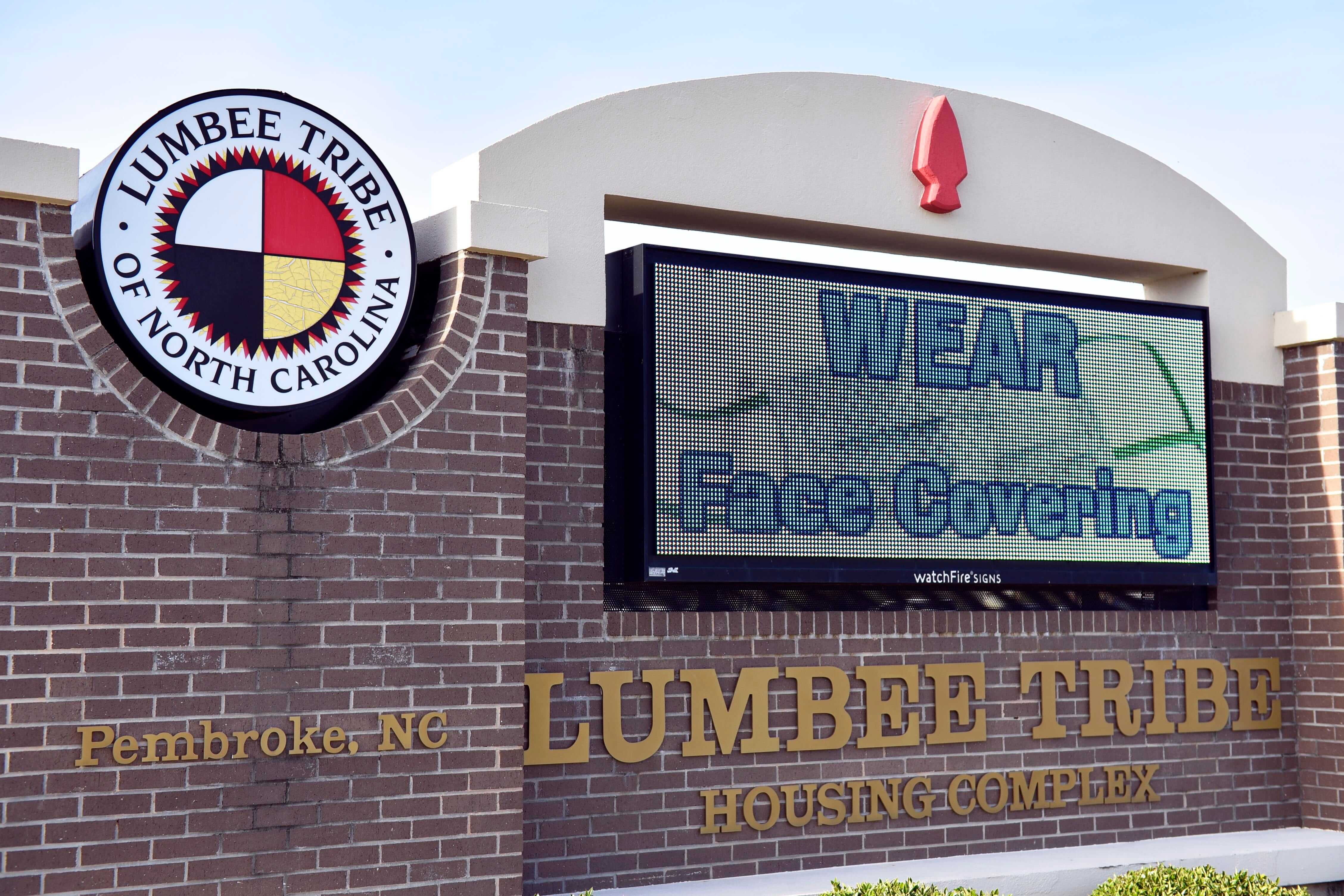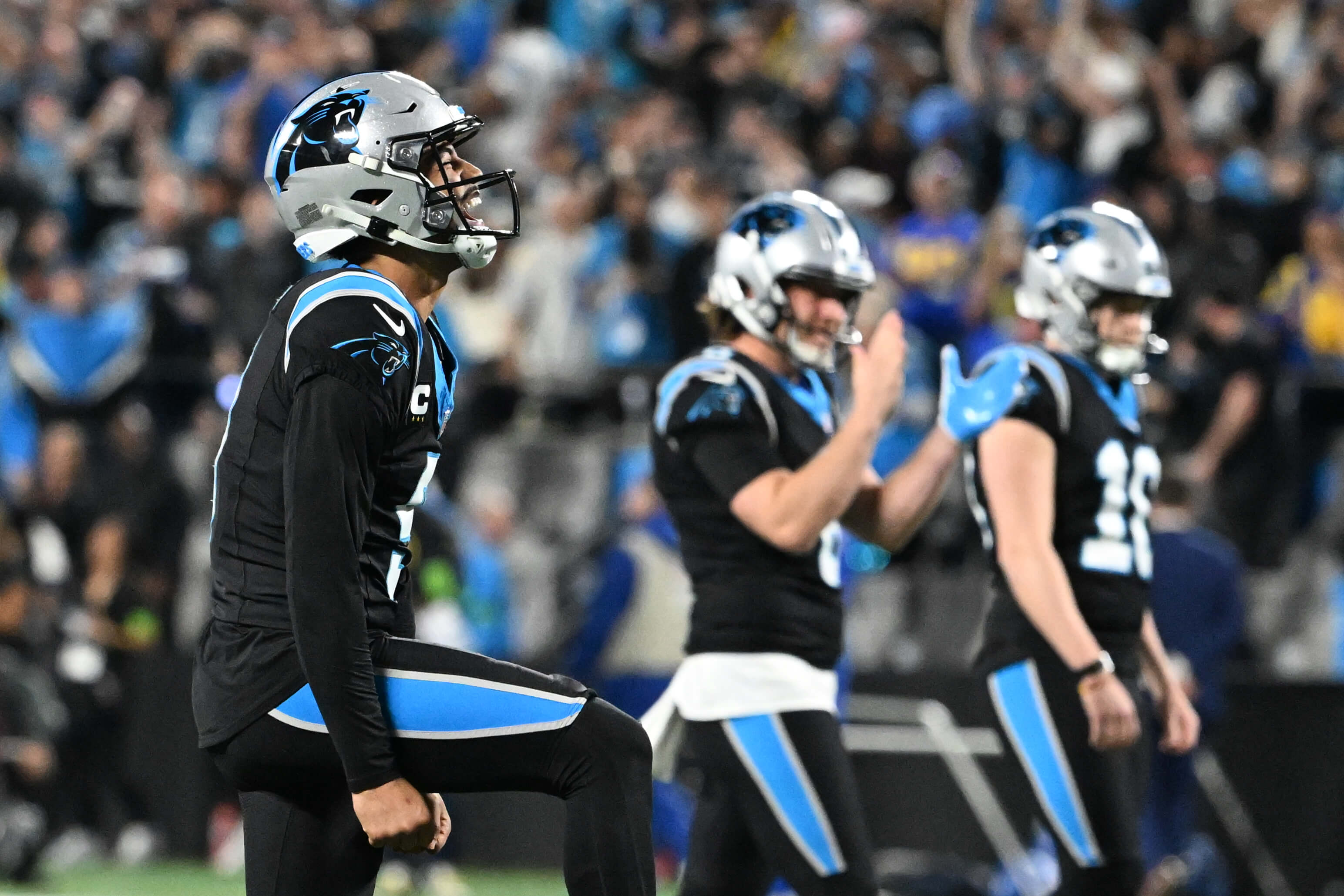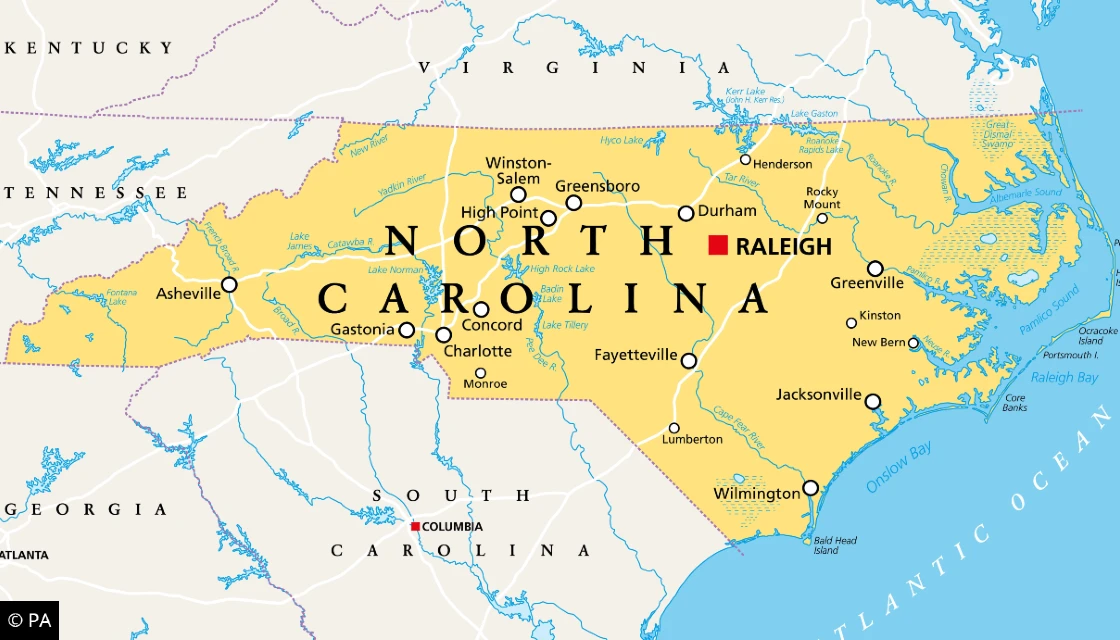Legislative leaders in the state House of Representatives are moving forward with a two-year budget bill that would keep the tax on North Carolina sports betting operator revenues at 18%. By doing so, they are rebuffing a proposal by the state’s Senate to double the tax to cover athletic expenses at public universities and setting the stage for negotiations that could affect the future of legalized wagering in the Tar Heel State.
The House version of Senate Bill 257 passed the House Committee on Rules, Calendar and Operations on Monday afternoon. It’s scheduled for a hearing Tuesday morning in the chamber’s Finance Committee and expected to be approved by the House this week.
That does not mean the tax increase is dead. Once approved, SB 257 will head back to the Senate, which is certain to reject the House’s version of the spending bill. That will then put the bill before a conference committee featuring members of both chambers, and they will hammer out a final agreement.
Senate Wants To Provide Millions For UNC, NCSU
The primary purpose for doubling the tax on North Carolina sportsbook apps was to provide funding for the athletic departments at the University of North Carolina and North Carolina State – the state’s two largest public institutions of higher learning. Currently, a portion of the proceeds from the 18% tax on sportsbook revenues are allocated to athletics at 13 state colleges.
UNC and N.C. State were initially excluded from the 2023 law that legalized sports betting in North Carolina because they are members of the Atlantic Coast Conference, one of the four power conferences in major college sports. Those schools receive tens of millions of dollars from the ACC’s television contracts, while the schools from smaller conferences earn just a fraction of that from their broadcast deals.
However, since then, a landmark settlement has paved the way for student-athletes to begin receiving a share of the revenues the athletic departments receive. That has forced schools like UNC and NC State to look for new funding streams to stay competitive with the upper echelon of college athletics and retain as many sports programs as possible.
Under the Senate’s proposal, both UNC and NC State would receive $55.9 million each over the biennium. The House version of the budget also provided funding for the two schools while maintaining the 18% rate. However, they each would receive a total of $26.3 million over the two years.
Sportsbooks Align Against Tax Hike
The reaction from sports betting operators to the Senate’s tax hike was immediate. The operators began mounting an attack against the measure, notifying their bettors that doubling the tax would lead to sportsbooks offering worse odds and fewer NC sports betting bonuses.
The Sports Betting Alliance, which consists of BetMGM, DraftKings, Fanatics and FanDuel (all of whom are licensed in North Carolina), urged residents to contact their lawmakers and call on them to oppose the hike. Because of the potential for worse odds and incentives, the SBA said the tax increase would lead to more people betting through unregulated operators. That would lead to fewer tax dollars flowing into North Carolina and leave bettors unprotected if the unlicensed operator grades a bet wrong or fails to pay out winnings.
Could Democratic Governor Break Republican Gridlock?
Republicans have large majorities in both the House and Senate. However, should Gov. Josh Stein (above), a Democrat, veto any part of the spending plan, House lawmakers would need at least one Democratic House member to vote with them to override the veto. The state’s constitution requires a three-fifths majority in each chamber to enact a law over the governor’s objection. The GOP has 30 of the 50 seats in the Senate, enough for an override if the caucus is unanimous. In the House, Republicans have 71 of the 120 seats, one short of the 72 votes needed for an override.
A message to Stein’s office seeking comment sent late Monday evening was not immediately returned.
Is A Sports Betting Tax Increase Needed?
North Carolina enjoyed one of the best starts to legalized sports betting of any of the 37 states (and the District of Columbia) that launched prior to March 11, 2024, the date the first bets were placed in the state.
When House Bill 347 passed nearly two years ago, lawmakers projected the tax on operators would generate about $65 million. From March 11, 2024, to Feb. 28, 2025, North Carolina received $127.6 million in taxes, nearly double the amount forecast.
HB 347’s fiscal note anticipates the state to receive $83.5 million from the 18% tax in the upcoming 2025-26 fiscal year and $96.3 million in the 26-27 fiscal year. Sports betting revenues can be tricky to estimate because the outcome of certain sporting events – such as the Carolina Hurricanes winning the Stanley Cup or the Duke Blue Devils winning an NCAA basketball title – can impact operator revenues in the state. But revenues would likely be in the ballpark of the first 12 months of receipts, if not slightly higher.
Revenues are unlikely to double from Year 1 to Year 2, but they’re likely to be more than double the initial forecast. That would mean there’s more money to dole out and open the door to a funding stream for UNC and NC State athletics.
The new budget year starts July 1 in North Carolina, meaning legislators have less than six weeks to agree on a spending plan. It should be noted, though, that two years ago, lawmakers did not reach a final deal on the budget until late September. Given where the two chambers are on the sports betting tax, it might be wise to bet the over on a budget passing before the new fiscal year begins.
USA Today photo by Jasper Colt







